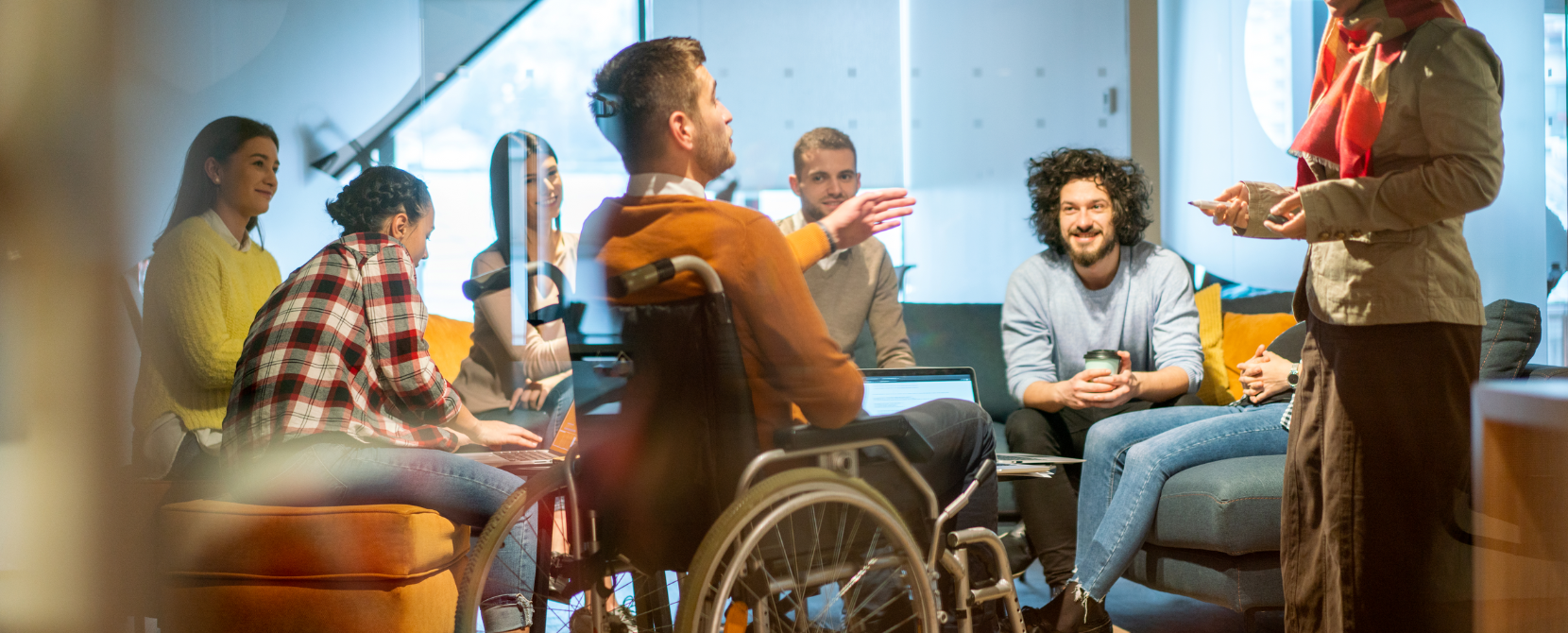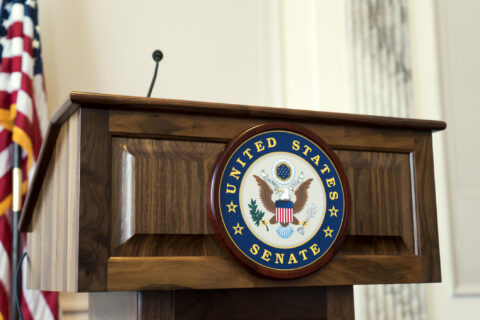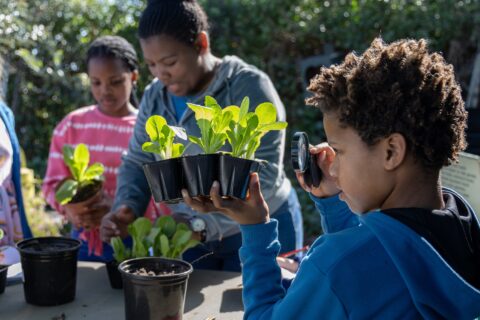A study of 11 Texan cities found a direct relationship between historic redlining, urban heat and health. They’re not alone. Nationwide, decades of disinvestment in historically redlined communities has placed an unequal heat burden on present-day low-income communities and communities of color. Research has found as much as a 12-degree Fahrenheit difference in temperatures between redlined and non-redlined neighborhoods in cities. The same pattern of disinvestment has led to $107 billion worth of homes facing high flood risk – 25 percent more than non-redlined areas. These disparities take an extreme toll: Black Americans are 40 percent more likely to live in neighborhoods with the highest projected increases in heat-related deaths. Many municipalities recognize the disproportionate impact climate change has on frontline communities.
Cities, towns and villages thinking through the equity and inclusion impacts of their climate action can help ensure all residents benefit. One way municipal leaders can do this is to include communities and individuals with lived experience in developing and implementing solutions. This can be done well, for example, by municipalities building relationships with grassroots organizations that are already working with frontline communities. Through creating strong partnerships with community-based organizations (CBOs) and frontline leaders, cities can amplify the ideas and priorities of those hit first and hardest by climate change impacts and better advance local solutions.
Building “community resilience” means comprehensively investing in physical infrastructure and social services to minimize the short- and long-term impacts of climate disasters on a community’s built and social fabric. Many frontline communities fear becoming “sacrifice zones,” where the community must bear the brunt of environmental burdens so that others are protected from climate change’s worst effects.
Frontline organizations typically have deep, sustained relationships with the communities they work in and understand the intersecting challenges these communities face. They have first-hand knowledge of how climate change is impacting communities, from housing to extreme heat vulnerability to mobility to jobs and economic stability. As municipalities approach resilience planning, working in partnership with frontline organizations already leading this work helps avoid duplicating efforts and missing out on essential local knowledge. Partnerships create advantages for municipalities, CBOs and the greater community because they work to build trust, maximize resources, and create community-driven and locally relevant solutions. They help municipalities not only become more resilient but better manage future climate challenges. Here are just a few examples of how municipalities are working with local, grassroots partners to build equitable and effective climate resilience.
Building Trust in Raleigh
To increase trust and resilience, Raleigh, NC partners with CBOs like Partners for Environmental Justice (PEJ) to empower residents to craft their own resilience strategies. PEJ, an environmental justice watershed management organization, is a trusted partner in the community. With more than 20 established relationships with local community groups, PEJ bridges the gap between communities and the City to better and directly understand resilience needs. One example of this partnership is the Raleigh Watershed Learning Network, a program with predominately Black neighborhoods which connects city staff and subject matter experts to share knowledge with residents on watershed management, civic engagement, and environmental justice so that community leaders have the tools and workforce to create neighborhood-specific watershed management solutions.
Maximizing Capacity in New Orleans
When Hurricane Katrina tore through New Orleans, LA in 2005, a once verdant city was left with an abundance of oak and magnolia trees uprooted, requiring their removal. Nearly twenty years later, the city, in partnership with Sustaining Our Urban Landscape (SOUL) and NOLATreeProject are working to rebuild the neglected tree canopy, which has disproportionately left lower-income communities exposed to devastating urban heat islands. By supporting these CBOs, the city can work directly with community partners who are driving the reforestation efforts in their own neighborhoods.
Amplifying Community Perspectives in Boston
To address climate change, Boston, MA, has been working to build strong relationships with CBOs through Climate Ready Boston, BERDO 2.0 and neighborhood coastal resilience planning. Grassroots environmental justice organizations like Alternatives for Community & Environment (ACE) worked with the City through the paid Community Advisory Board to identify just and implementable projects to improve energy efficiency and transition to renewable energy at the neighborhood level.
Join Us!
Join us for the Building Partnerships for Community Resilience webinar from 2 p.m. to 3 p.m. Thursday, August 24. This webinar event is part of the Critical Partnerships for Community Resilience series, which highlights essential relationships for addressing obstacles city leaders face when it comes to building a climate-ready future for all.










